Holocaust Remembrance
When I was growing up, I thought of my parents as the lucky ones. So many had perished during the Holocaust that I did not associate that term with them. After all, they had never been carted off to a labor camp or death camp. They were hunted, but they were not caught. Did that count?
With my mom, Ella, at the beach
Clearly, the upending of their lives was traumatic but not equivalent to the tragedy of whole families and whole communities – be they Jews, Romi and Sinti, Jehovah’s Witnesses, LGBTQ, disabled, political enemies like German Communists, Socialists, and Social Democrats, or members of the Resistance – exterminated systematically. That’s a long list of “others,” isn’t it? When one group is persecuted in a Fascist regime, they are usually not alone for long.
Most of us know that six million Jews died at the hands of Nazis during those horrific years. Others may be surprised to learn that the Germans built a total of 44,000 camps and incarceration sites like the Warsaw Ghetto. Their policies and activities were an open secret. When I attended elementary school, just a decade or so from the end of the war, the Holocaust was a sidebar in our study of World War 2, much as slavery was a footnote in Civil War education in the South. Facing hard truths does not seem to be an American instinct. We still haven’t grappled with our history of extermination of indigenous peoples. Today, many states have passed legislation mandating some form of Holocaust education in public schools, but it has taken more than seven decades. I hope it helps. In 2020, before the recent explosion of antisemitism, a Holocaust Knowledge and Awareness Study was commissioned to understand how much is known by Millennials (born 1981-1996) and Zoomers (born 1997-2012). In the U.S. only 78% had definitely heard of the Holocaust. Only 31% thought Poland was involved in the Holocaust, although 3 million Polish Jews died in camps there. Only 7% thought the Holocaust took place in the Netherlands, though 75% of Dutch Jewry perished. Perhaps most disturbing, 11% of respondents blamed the Jews.
It was not until November 2005 that the United Nations General Assembly designated International Holocaust Remembrance Day. What took so long? Perhaps there was a realization that first-hand accounts would soon disappear, that the voices of survivors might be overwhelmed by ignorance and hate. Almost twenty years later, descendants of survivors are nearing the end of their lives. Many, like me, are penning memoirs to honor their families and document the pain.
My mother’s only sister, Erika, was killed in a bombardment of Palestine by the Italians.
My paternal grandmother’s half-brother, Julius Rothschild, took his own life at Theresienstadt concentration camp, a transit camp to Auschswitz. He was one of many of my Oma’s family who fell victim to the Nazis.
In writing In the Wake of Madness: My Family’s Escape from the Nazis, I have come to realize the importance of my family’s story because, in many ways, it represents the millions forced to run for their lives – after their humanity was degraded, careers halted and businesses confiscated, money seized, freedom of movement restricted, citizenship stripped. In every genocide, posits the United Kingdom’s Holocaust Memorial Day Trust, those targeted for persecution have their freedoms removed, long before murder is in the picture. That slow, subtle process was certainly in play in Nazi Germany, and my family suffered from that tightening noose. The Nazis were never far behind my parents in their flight, and the world made it no easier with an insanity of immigration quotas.
Seventy-nine years ago, on January 27, 1945 a unit of Soviet soldiers opened the gates of Auschwitz, liberating 7,600 prisoners who managed to hang onto life by a thread. More than one million Jews and many others were killed in that one complex near Krakow in Poland. This week, as we light candles and read names to commemorate the 6 million lives lost, we should also remember that freedom is fragile. Chips lead to cracks, cracks to shattering until nothing but madness remains.
In the Wake of Madness: My Family’s Escape from the Nazis will be released on February 5.





